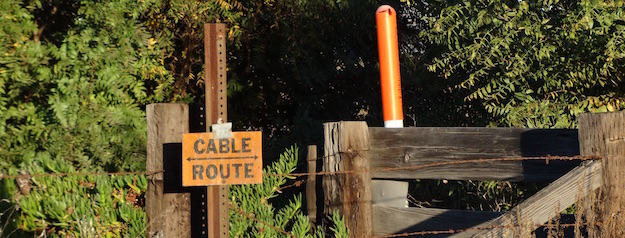
Cable companies are widening their lead over telcos in the battle for broadband market domination. According to a tabulation by FierceTelecom that tracks the top 15 wireline broadband companies, cable companies picked up a net gain of 2 million broadband subscribers, while telcos lost 430,000 during the first nine months of 2017.
One clear trend: whether it’s the cable or telephone side of the ledger, the big are getting bigger, and the small are struggling.
Looking just at the third quarter – July through September – Charter Communications was the cable company gaining the most, adding 249,000 net new broadband subs, but Comcast wasn’t far behind, with a bump of 214,000 subs.
That’s pretty much the cable industry. The next three biggest – Cox, Altice and Mediacom – had a combined net gain of just 66,000 subs, while the two smallest on the list, Wow and Cable One, lost a combined total of 5,000 broadband subs.
It’s a similar story for telephone companies. AT&T and Verizon gained 125,000 and 66,000 broadband subs respectively, while every other telco lost wireline customers. CenturyLink was hit the hardest, losing 101,000 subs, while Frontier bled 63,000 subs. The small fry – Windstream, Consolidated, TDS, Cincinnati Bell and Hawaiian Telecom – also saw declining broadband subscriber counts in the third quarter.
A harder look at AT&T’s and Verizon’s numbers points to the problem. Both companies lost legacy DSL customers – 96,000 and 76,000 subs respectively – while gaining with advanced DSL and fiber-based service. Cable’s overall advantage, as well as the gap between the gainers and losers, is likewise explained by technology. According to FierceTelecom, “cable’s aggressive DOCSIS 3.1 rollouts, which enable operators to deliver 1 Gbps over existing HFC infrastructure, continue to make cable a force telcos find hard to compete with on the speed front”.
Comcast, AT&T and Verizon have the capital to pursue upgrade strategies. Charter does too, although its strategic thinking is also driven by regulatory requirements imposed when it bought Time Warner Cable last year. Cox seems to be holding its own, although as a privately held company it doesn’t disclose much. The rest have a harder road ahead, and there’s no guarantee they’ll make it to the end.
